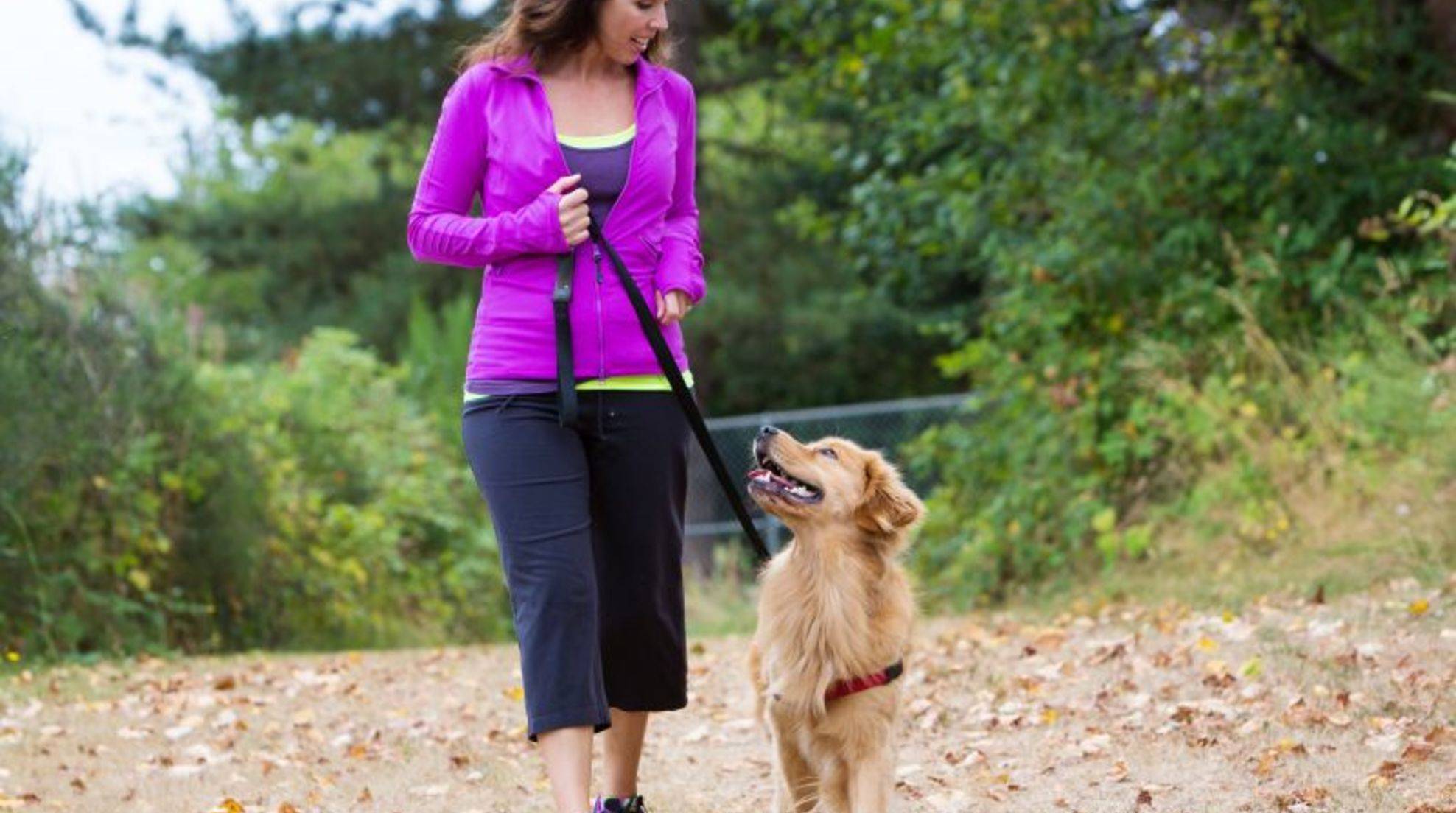Worms in dogs: prevention
Worms in dogs are not only annoying but also dangerous. An undetected worm infestation can lead to serious health risks such as anemia, inflammation, and intestinal obstruction so that it does not come so far; the following are a few tips to prevent worms.
Most worm species infect dogs by ingesting worm eggs or worm larvae when sniffing or eating. However, parasites also introduce some types of worms into the dog’s body. There is usually nothing you can do about this. However, there are ways to prevent worm infestation as much as possible.
Regular worming prevents worm infestation.
An excellent way to prevent worms in dogs is to give them a regular worming treatment. It should be carried out every three to six months and sometimes prevents newly swallowed larvae and worm eggs from growing into worms. Worming is especially useful for high-risk groups such as hunting dogs that spend a lot of time outdoors unsupervised.
A puppy should be given its first worming treatment when it is 10 to 14 days old, as it may have picked up the parasites through its mother. A regular checkup from the veterinarian provides dog owners with clarity about the health of their pets: Those who have their dogs examined twice a year for dangerous parasites such as heartworms are on the safe side.
Preventing worms: What you can do at home
If you want to protect your dog from worms, you should make sure your four-legged friend has a clean place to sleep and stay. Cleaning the environment with a saltwater solution is particularly effective in the fight against worms. In addition, it is essential to watch what the dog eats. Raw meat and offal can promote worm infestation and thus do not belong on the pet’s menu. When walking, it is also essential, especially with young dogs, to make sure that they do not eat animal droppings. Contact with stray animals and rodents should also be avoided.
Regular control after flea infestation
Since fleas can transmit tapeworms, regular control after a possible flea infestation makes sense. If you want to go on vacation with your dog, you should also check with your vet beforehand to determine what health risks your destination poses. It may be advisable to protect against fleas, mosquitoes, and other pests in advance. And if, despite all precautions, symptoms of a worm infestation appear in your dogs, such as excruciating itching at the anus, bloody diarrhea, or frequent vomiting, it is essential to visit the vet as soon as possible – so that he can initiate effective treatment.








